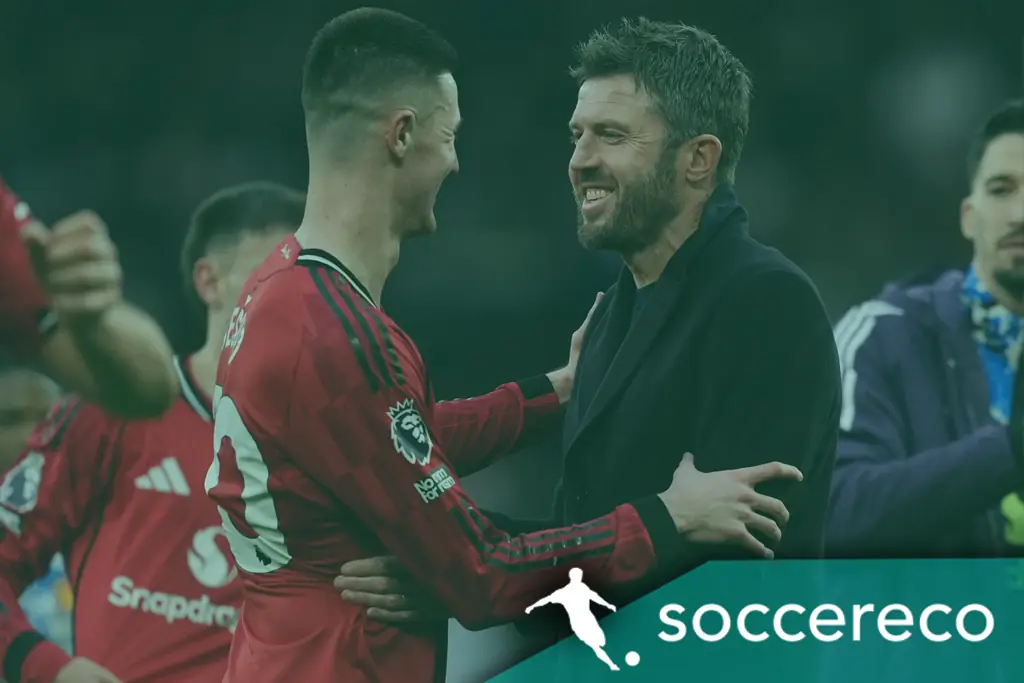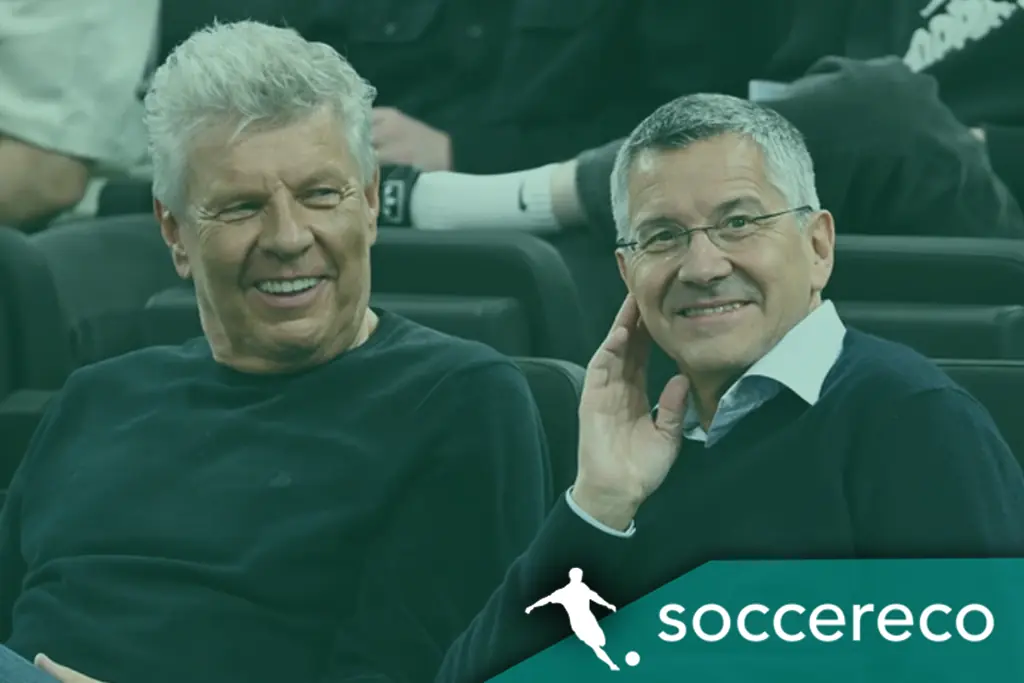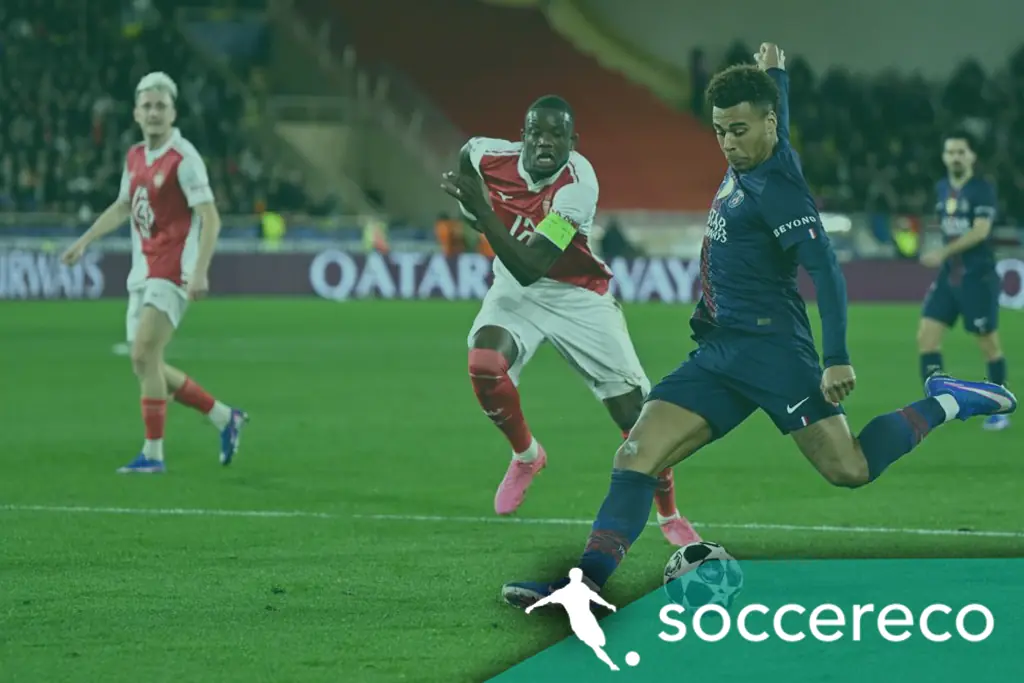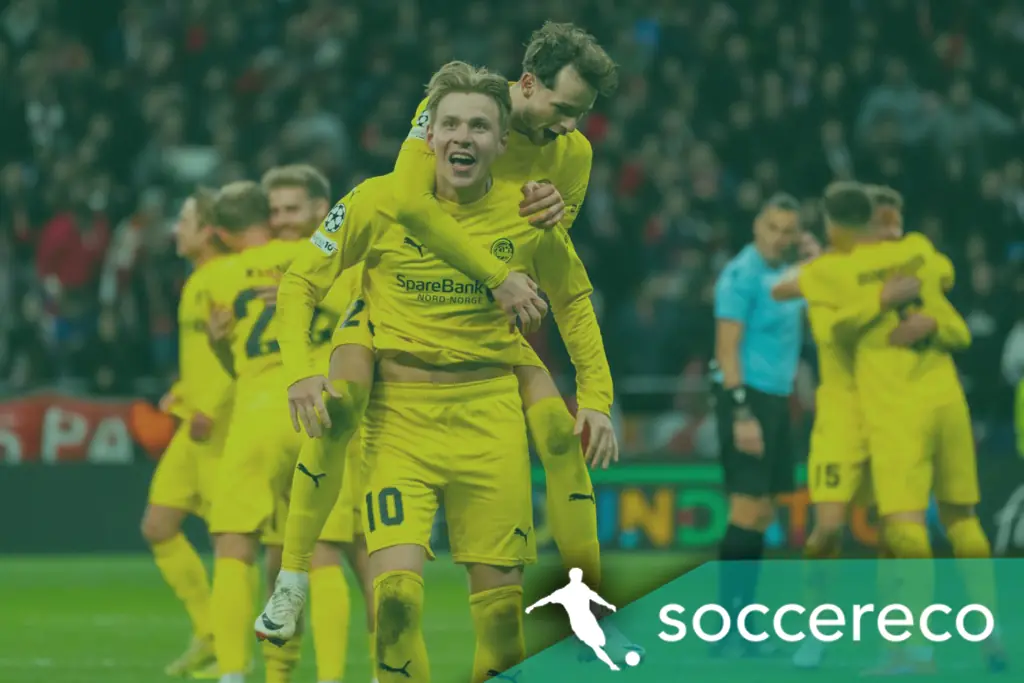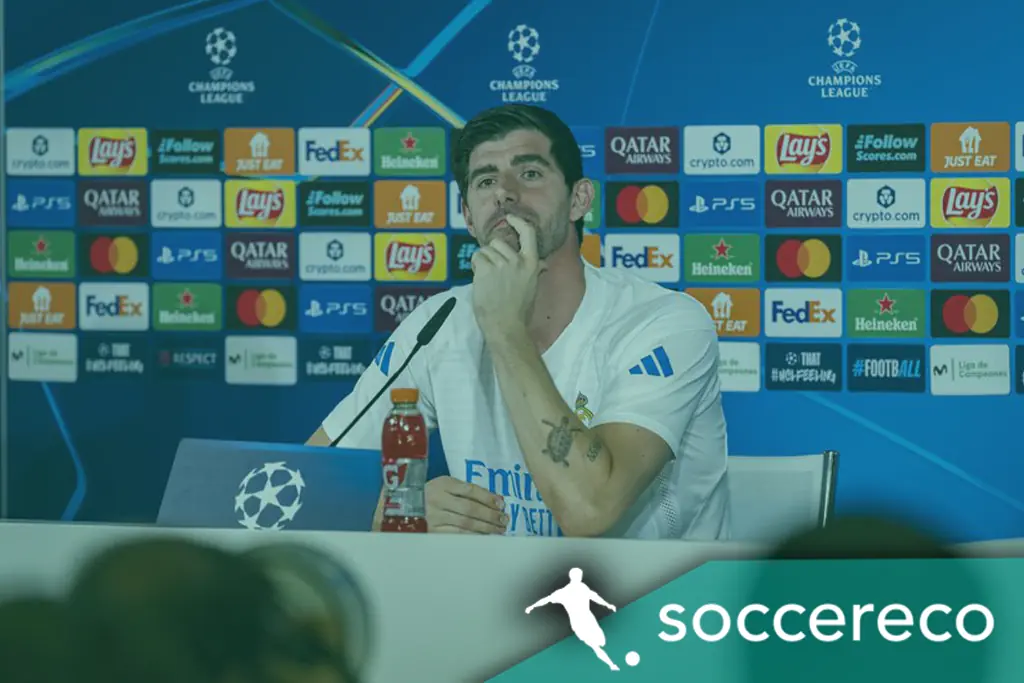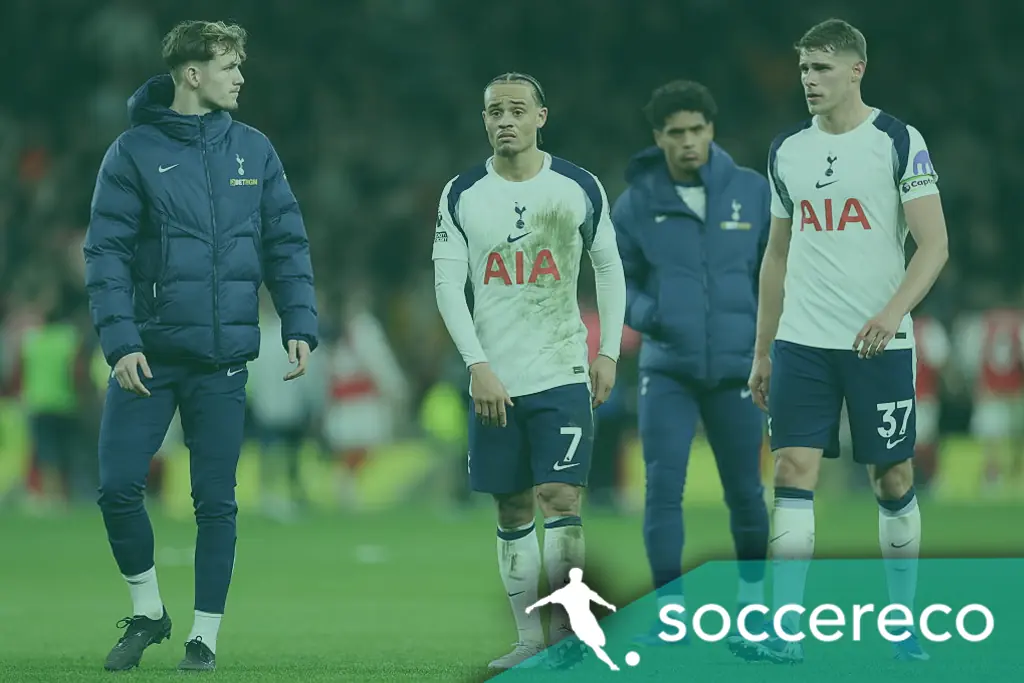Ajax must look for a new head coach after the dismissal of John Heitinga. Technical director Alex Kroes, who will remain in place for now, talks about that search.

Ajax’s leadership has drawn a firm line under the Heitinga era and is accelerating the search for a reset on the touchline.
Alex Kroes, the club’s technical director, laid out why continuity with John Heitinga as head coach and with Marcel Keizer and Frank Peereboom as assistants was no longer tenable. The view inside the club is that performances and direction did not align with medium and long term targets, from style of play to player development and results. The decision is framed not as a single reaction to one match but as an accumulation of signals that the trajectory was unlikely to correct quickly enough. In the immediate term, Fred Grim assumes day to day responsibilities. This is a caretaker arrangement intended to stabilise training rhythms, selection processes, and match preparation, not a season long solution. Ajax wants a new head coach in position as soon as practically possible.
Kroes describes a process that clubs of Ajax’s size try to maintain in the background at all times. There is constant market monitoring, informal conversations, and scenario planning for various outcomes. Only when a vacancy actually exists can those exploratory lines become concrete talks with timelines, salary frameworks, and compensation clauses. That is the stage Ajax has entered now. The club is mapping candidates to key variables. These include availability, cost of staff packages, the ability to work with the existing squad, and fit with Ajax’s identity that blends academy promotion, front foot football, and player trading that sustains the financial model.
The possibility of Erik ten Hag naturally looms over the discussion because of his track record in Amsterdam. Kroes acknowledges a previously arranged coffee meeting with him and distances that meeting from any formal decision. The timing nevertheless fuels speculation because ten Hag is currently unattached. Ajax will not grade candidates in public or comment on first, second, or third choice. Internally, any candidacy will be judged on football methodology, dressing room leadership, willingness to integrate academy prospects, and experience managing pressure in title races and European campaigns.
If Ajax were to reunite with a coach of ten Hag’s profile, the attraction would be clear. His earlier tenure showed an ability to build automatisms in possession, to press with coordinated intensity, and to elevate young players into reliable starters while increasing their market value. A coach like that could quickly provide tactical clarity. However, there are trade-offs to analyse. Any high profile coach will expect a degree of autonomy on staff selection and recruitment influence. Ajax must weigh that against club structures that prioritise continuity beyond any single coach. The financial package matters as well, not only wages but also the cost of assembling an entire technical staff and any performance related bonuses tied to domestic and European objectives.
Should ten Hag or another headline candidate not be the final choice, Ajax will have a shortlist that includes coaches with strong development credentials, coaches with pressing heavy approaches, and coaches with a reputation for restoring defensive balance quickly. Each profile points to different immediate priorities. A development focused coach might embrace higher variance in results to accelerate minutes for academy talent. A defensively pragmatic coach might target short term solidity to protect results while attacking patterns are built more gradually. The sporting department must align those trade-offs with the current squad’s age curve, injury profiles, and leadership core in the dressing room.
Communication with supporters is another part of this process. The fan base expects a return to recognisable Ajax football and the integration of prospects without sacrificing competitiveness in the Eredivisie. The new coach will therefore need to articulate a plan quickly. That includes how to use technical players between the lines, how to press without leaving transition spaces unguarded, and how to rotate intelligently across league and cup fixtures. Training methodology will be watched closely, particularly the work on rest defense, set pieces, and chance creation through wide overloads and third man runs.
From an operational standpoint, the timeline is tight. The club wants a new head coach soon, but rushing can introduce long term mismatches. The recruitment team will likely conduct structured interviews that probe tactical principles, man management approaches, data usage, and collaboration with medical and performance staff. Contract design will include triggers related to European qualification, youth integration targets, and possibly thresholds for player sales and replacements. These mechanisms aim to align incentives and provide clarity for all stakeholders.
In the interim, Fred Grim’s task is pragmatic. He must steady performances, simplify instructions, and create a platform for the next coach to inherit. Expect lineups that prioritise balance, possibly with roles tightened in midfield to reduce transitions conceded, and with clearer set piece routines to squeeze marginal gains. Training sessions will seek to restore confidence through repeatable patterns and to re-establish defensive distances between lines. Results matter, but the broader objective is to hand over a group that feels organised and receptive to new ideas.
Kroes avoids publishing a checklist of criteria for the new coach. That restraint is deliberate. Publicly setting rigid requirements can backfire if the eventual choice diverges on certain points while still representing the best holistic fit. What can be inferred is that Ajax wants a coach who can win now and build value for tomorrow. That means tactical clarity, a pathway for academy players into matchday squads, improved physical outputs without losing technical identity, and the emotional intelligence to navigate pressure when results fluctuate.
The next appointment will define the club’s footballing arc for the coming seasons. Make the right choice and Ajax can reassert itself domestically and rebuild European credibility. Misfire and the cycle of change risks repeating. Kroes frames the process as thorough and already underway. The emphasis is on speed without haste, discretion without secrecy, and a focus on returning Ajax to a model where style and results reinforce each other week after week.
Updated: 03:57, 7 Nov 2025

